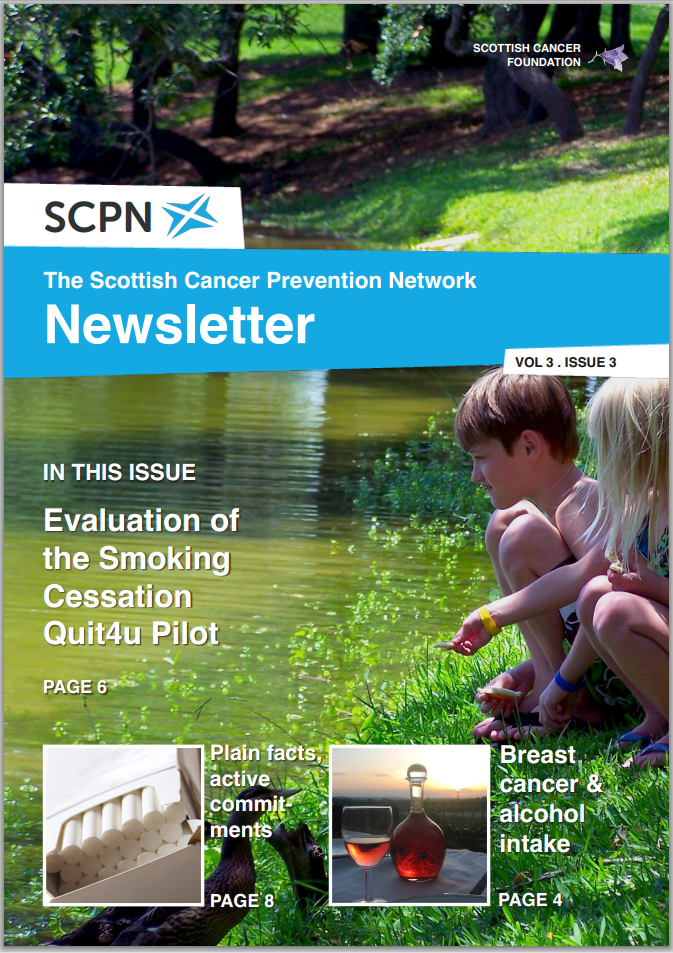
To Sell or Not To Sell: The Latest Soft Drink Controversy

04 Aug 12 |
New York City Mayor Michael Bloomberg is proposing a ban on the sale of large soft drinks1. Under the proposals, drinks larger than 16 ounces would be made unavailable across various public places (including restaurants, fast food outlets, cinemas and sports stadiums etc.). The ban would not apply to diet drinks, fruit juices, dairy-based drinks or alcoholic beverages.
The proposed ban has the support of many health experts, but the media have circulated adverts contrary to the experts, making claims such as: “New Yorkers need a Mayor, not a Nanny” in the New York Times2. Many have criticised Mayor Bloomberg’s proposals. As people would still have the option to buy more than one soft drink, some critics of the proposal are sceptical as to whether the ban would in fact help combat obesity. In response, Bloomberg insists that the public need to be made aware of the dangers they are imposing on themselves by consuming an energy dense diet.
In the UK the soft drinks market is enormous with over 230 litres being consumed per person in 20103. While the 32 ounce (nearly 1 litre) cup sizes in the US can seem unfamiliar in the UK, some manufactures have started heading in that direction. In 2010 Britvic launched a 600ml bottle for Pepsi, Pepsi Max, Diet Pepsi, 7Up Free, and Tango and have consequentially seen a large increase in sales.
The calorie density of popular soft drinks are often unappreciated by the consumer. Even soft drinks marketed and promoted as healthy alternatives to soft drinks can often be calorific. When consuming these drinks daily, weight gain at an alarming rate can be expected and perhaps the Mayor of New York isn’t being so unreasonable.
- New York City Department of Health and Mental Hygiene Proposed resolution to amend Serving Sizes in Food Service Establishments (Health Code Article 81)
http://www.nyc.gov/html/doh/downloads/pdf/notice/2012/amend-food-establishments.pdf - Consumer Freedom The Reviews Are In: New York’s “Great Dictator” A Massive Flop http://www.consumerfreedom.com/wp-content/uploads/2012/06/Bloomberg-nanny_final_outlines.pdf
- British Soft Drinks Association The 2011 UK Soft Drinks Report http://www.britishsoftdrinks.com/PDF/2011%20soft%20drinks%20report.pdf
This article was originally published in the SCPN Newsletter Volume 3, Issue 3.
Read the full issue here:

The SCPN Newsletter: Volume 3, Issue 3
In this issue, we evaluate the Quit4U smoking cessation pilot, cover plain cigarette packaging in 'Plain facts, active commitments,' explore the links between alcohol intake & breast cancer, and more.